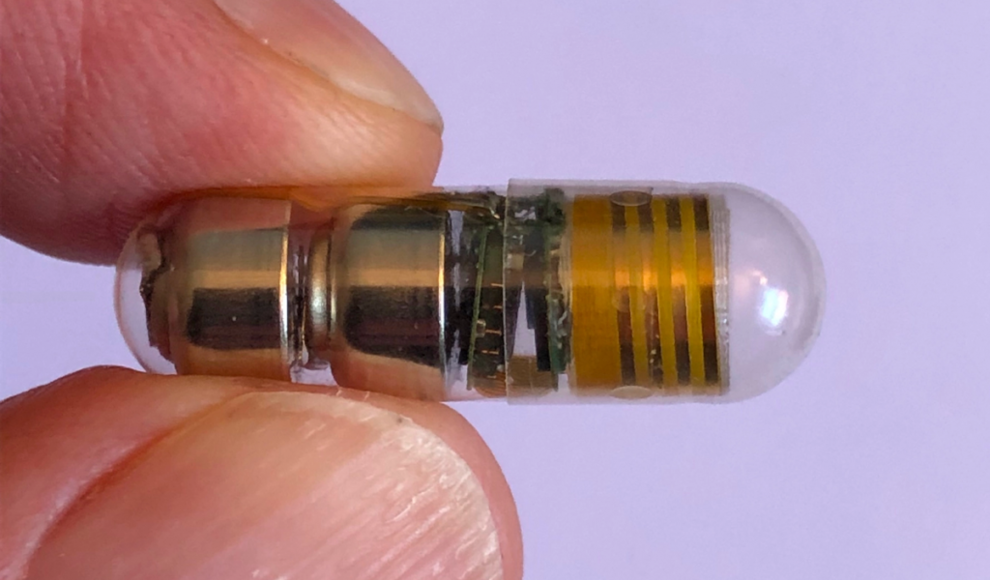A new swallowable capsule with various sensors has been developed to simplify the diagnosis and treatment of obstructive sleep apnea. People with this condition suffer from nighttime breathing pauses that significantly affect their sleep quality and overall well-being. Until now, diagnosing this condition has been problematic, requiring the monitoring of sleep and breathing through sensors attached to the body and connected to monitoring devices. Patients have had to visit a sleep laboratory for a detailed analysis. However, researchers at the Massachusetts Institute of Technology (MIT) have developed a swallowable capsule that makes the diagnosis and monitoring of nighttime breathing pauses easier.
The capsule contains various electronic sensors that collect data while it is in the gastrointestinal tract. It is then naturally excreted from the body. The capsule is about the size of a standard multivitamin tablet and can measure essential vital functions. It contains a small battery and a highly sensitive accelerometer to detect the smallest movements caused by breathing and heartbeat. Additionally, the capsule has a transmitter that sends the collected data to external devices such as smartphones or laptops to display breathing and heart functions. In initial tests with pigs, the capsule accurately measured breathing and heart rate and was easily excreted from the body.
In a clinical study with ten human subjects, the sensor capsule was swallowed, and the participants were simultaneously monitored with standard devices in a sleep laboratory. The results confirmed the accuracy of the sensor in detecting breathing and heart rate. The application was without discomfort, and the capsules were easily excreted. The researchers identified a sleep apnea episode in one participant, demonstrating the potential of the capsule to diagnose and treat obstructive sleep apnea. The capsule has the potential to monitor the effectiveness of therapies and the dosage of medications in the future. It could also help detect changes in breathing early, regardless of whether they are due to opiates or diseases.










